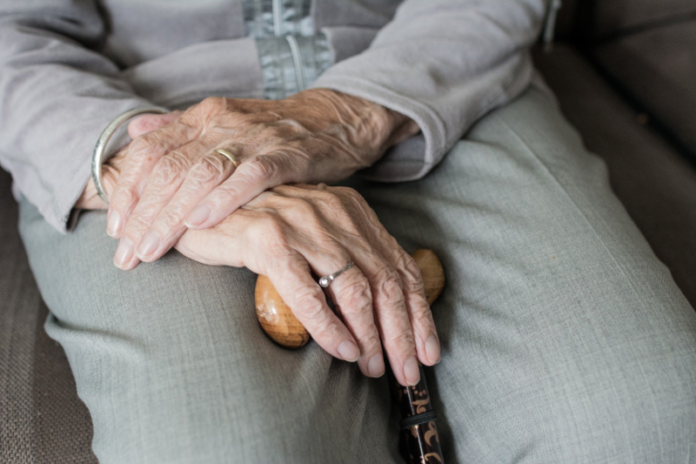When the weather gets cold, the elderly may develop a reduction in body temperature more easily. An excessive drop in body temperature can lead to hypothermia. This danger isn’t limited to being outside; it can also occur from being exposed to cold temperatures inside as well. With the current frigid temperatures, it’s a great idea to check on your elderly family members, neighbors or friends to make sure they are faring well in the cold
- Make sure the elderly is wearing adequate clothing. Wear several layers of not too tight clothing. Always wear a hat even inside to keep your body temperature above 95.
- Consume hot and easily digestible food with high calories such as milk, soup, and noodles.
- Keep the home warm but well ventilated.
- Make sure they are up-to-date on their medications.
- Check to see if they are being active. Sitting or lying down for long periods of time can make it more difficult to keep a proper body temperature.
If you see someone exhibiting any of the following symptoms, call 911 immediately: sleepiness, confusion, cold hands and feet, pale skin, slurred or slow speech, dizziness or shivering, poor control over body movements or slow reactions or
weak pulse.
Stay up-to-date on weather conditions with our Weather Page.
Please join our FREE Newsletter


















